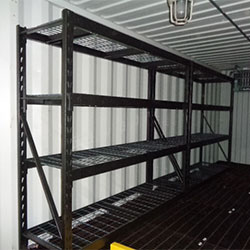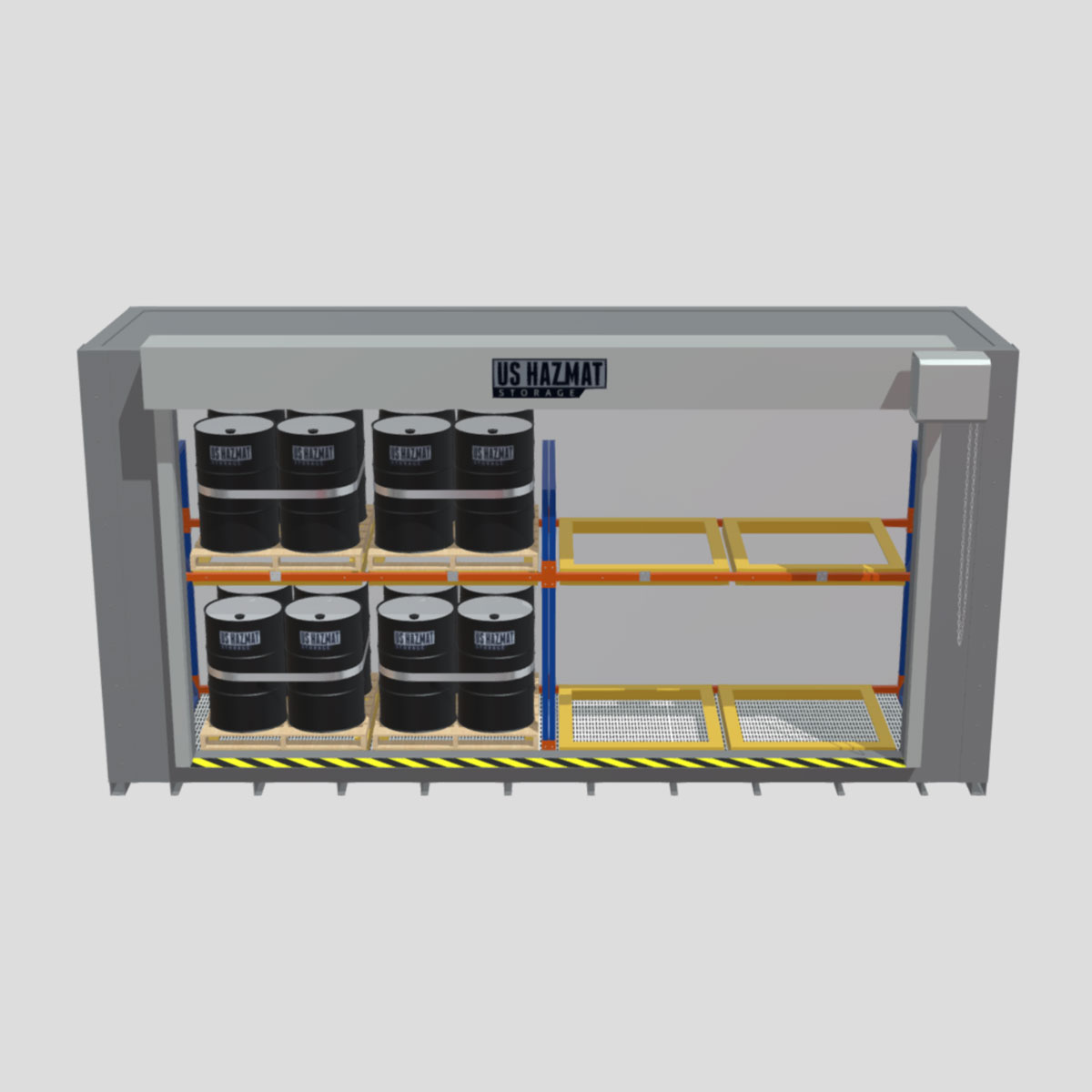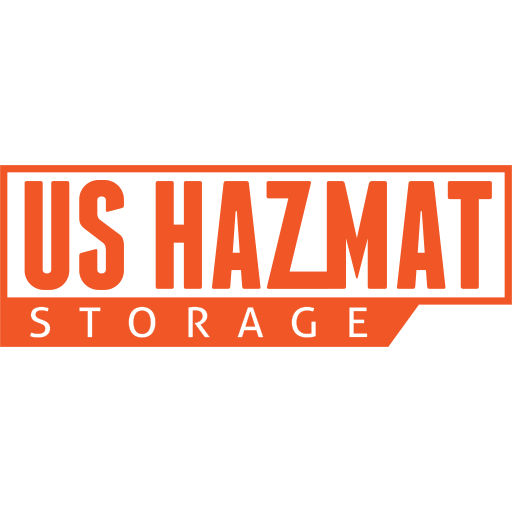For diligent farmers, investing in compliant pesticide storage should be a top priority to ensure a bountiful harvest. Before the advent of pesticides, infestation-worried farmers had to rely on dangerous chemicals like arsenic to ward off hungry insects and rodents. While today’s pesticides are far safer than medieval tonics, inherent dangers persist and require immediate attention. With winter’s acquiescence to the triumphant return of spring, many commercial farmers will look to temporarily increase supplies of flammable pesticides. Our fire-rated chemical storage lockers can provide year-long protection for dangerous pesticides separate from incompatible materials, such as fuels and hydrocarbons. Not only can our chemical storage warehouses protect expensive stockpiles for vulnerable assets, but they can also prevent accidental leaks into our ecosystem.
Guidelines for Proper Pesticide Storage
Superstitions and an over-reliance on the Farmer’s Almanac for the growing seasons are poor panaceas for modern-day infestations plaquing farmers. Farming tech has advanced, and so too should your practices for ensuring a bonanza every fall. Currently, horticulturalists can access more than 100 different types of pesticides to adequately protect crops. These varied and diverse chemicals can safeguard plants from blight, decay and bud pilfering from hungry wildlife looking for a free meal on your dime. But just because today’s pesticides have received the government’s approval doesn’t mean they are entirely safe. Pesticides contain large amounts of solvents, which are highly flammable. As a result, pesticides should never be stored near bromine, ammonia, acetylene, butane, and other petroleum gases.
Pesticide Labeling and Storage
Like any other dangerous chemical on the jobsite, each container of pesticide, regardless of size, should be properly labeled. All container labels should be easy to read and include proper safety hazards and ingredients. Furthermore, all labeling must contain common chemical name, active ingredients, and classification. According to the EPA, pesticides should be stored in well-ventilated chemical storage buildings. While specific storage practices will vary upon jurisdiction, all pesticides need lock-and-key protection to prevent access from children and unauthorized personnel. You should always consult with local, state, and federal agencies about proper pesticide storage.
Spill Containment Options
In December 2022, an Idaho company agreed to pay a $144,400 penalty for violations of the Federal Insecticide, Fungicide, and Rodenticide Act. Specifically, “the company had violated important pesticides storage requirements meant to prevent accidental releases.” According to the Pesticide Container and Containment Act, all pesticide containers must be resistant to extreme temperature changes. Furthermore, the law states that all containers should be constructed to withstand cracking and operating stresses.
“Pesticide facilities have an obligation to ensure their products are safely stored to prevent dangerous exposure to employees and surrounding communities”, said Ed Kowalski, director of EPA Region 10’s Enforcement and Compliance Assurance Division. “In a case of an accidental release, these chemicals could affect people’s health and harm the environment. When companies comply with environmental regulations, they’re better equipped to prevent and safely handle any potential release.”

Our fire-rated pesticide storage lockers can prevent unnecessary fines and civil penalties. Each fire-rated pesticide storage locker is outfitted with a large sump that sits beneath continuous steel-grated flooring. In the event of a spill, the pesticide or dangerous chemical will fall through the flooring and into the sump where it can be safely extracted. This will prevent dangerous chemicals from escaping into nearby storm drains and water streams.
Drum and Tote Storage Access

Federal regulations require pesticides be stored in a well-ventilated storage building. Our fire-rated chemical storage lockers can provide affordable seasonal protection for pesticides in small portable containers, such as 55-gallon drums. Roll-up doors and pushback racking allow for the easy storage and retrieval of drum containers without interrupting your farm’s daily operations from sun-up to sun-down. Although pesticides are season and application-specific, every industry that comes in contact with these chemicals should invest in superior year-long protection. Accidents never take a holiday so neither should your storage practices.


